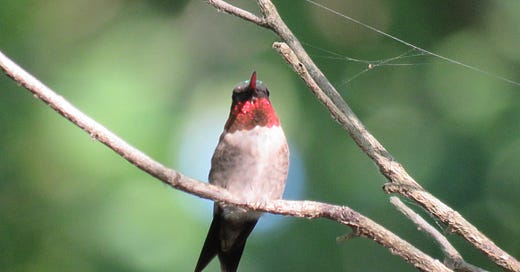As someone who has spent over five decades immersed in the world of wildlife and the ecosystems that sustain them, I’ve witnessed firsthand the beauty, complexity, and fragility of our planet’s natural systems. Conservation biology has been at the core of my work, guiding my efforts as a wildlife biologist and conservationist. In this article, I’d like to share my insights into conservation biology, why it matters, and how we can all play a role in protecting the natural world.
Understanding Conservation Biology
Conservation biology is a multidisciplinary field that seeks to understand and protect Earth’s biodiversity. It combines biology, ecology, genetics, sociology, and even economics to address the challenges of our natural world. At its heart, conservation biology aims to prevent species extinctions, preserve ecosystems, and ensure the health of the planet for future generations.
I was drawn to this field because it doesn’t just focus on studying the natural world—it’s about actively working to save it. As a young scientist, I was captivated by the intricate relationships between species and their habitats. Over the years, I’ve learned that conserving biodiversity is not just about saving charismatic animals like pandas or tigers; it’s about maintaining the web of life that sustains us all.
The Urgency of Conservation Biology
When I began my career in the 1970s, conservation biology was still emerging. While the issues were already pressing—deforestation, pollution, and habitat loss—they’ve become even more urgent in the face of accelerating climate change. The stakes are higher now than ever before.
Each year, species vanish at an alarming rate, often before we even have the chance to discover them. Ecosystems that once seemed endless are now fragmented and degraded. Our conservation biology work is a race against time, but it’s a race worth running.
In my career, I’ve seen remarkable recoveries: species brought back from the brink of extinction, degraded habitats restored to thriving ecosystems, and local communities empowered to become stewards of their environments. These successes remind me that while the challenges are great, they are not insurmountable.
From Science to Action: The Role of Conservation Biology
What sets conservation biology apart is its emphasis on actionable solutions. It’s not enough to study problems; we must address them head-on. This is where my role as a conservationist became so fulfilling.
Over the years, I’ve had the honor of creating environmental stewardship programs adopted by private and public landowners worldwide. These programs emphasize sustainable land management, biodiversity monitoring, and community engagement. Watching these initiatives grow and seeing their positive impact has been one of the most rewarding aspects of my career.
Conservation biology also requires collaboration. Scientists, policymakers, indigenous communities, private landowners, and everyday citizens must come together to create meaningful change. Some of the most successful conservation projects I’ve been involved in were those that united people from diverse backgrounds with a shared goal of protecting their local environment.
Why Conservation Biology Matters to Everyone
You don’t have to be a wildlife biologist to play a role in conservation. The principles of conservation biology—protecting habitats, reducing our ecological footprint, and advocating for sustainable practices—are things we can all integrate into our lives.
Simple actions like planting native species in your garden, supporting sustainable businesses, reducing waste, or volunteering for local conservation efforts can have a ripple effect. I’ve seen small, community-driven projects grow into robust conservation networks that span entire regions.
Looking Ahead: Hope for the Future
Despite the challenges, I remain hopeful for the future of conservation biology. The next generation of biologists, activists, and concerned citizens is more passionate and informed than ever. Advancements in technology, from satellite monitoring of deforestation to genetic tools for species recovery, are giving us new ways to protect the planet.
More importantly, there is a growing recognition that biodiversity and human well-being are deeply interconnected. Protecting our planet isn’t just about saving wildlife—it’s about ensuring a livable future for all of us.
A Personal Call to Action
As someone who has dedicated their life to conservation, I urge you to think about your role. Whether you advocate for policies that protect natural spaces, donate to conservation organizations, or simply learn more about the world around you, every effort counts.
Conservation biology is about hope, resilience, and action. It’s about believing that we can create a world where nature and people thrive together. I’ve seen what’s possible when we choose to act, and I think we can rise to meet the challenges ahead.
Let’s make protecting our planet a legacy we’re all proud to leave behind.




